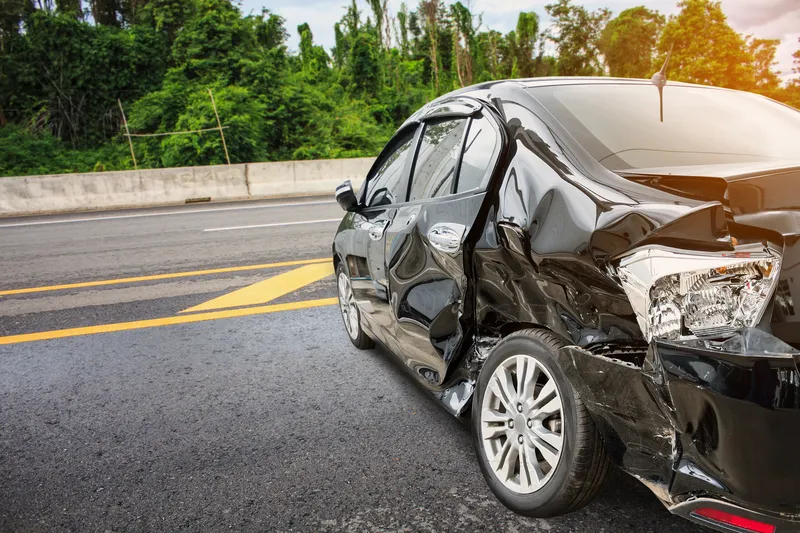Driverless cars could significantly reduce delays according to a new study by the Department for Transport (DfT).
The project used computer software to create virtual models of different parts of the UK road network including urban roads and a 20km motorway section. Delays and traffic flow were all shown to improve as the proportion of automated vehicles increased above specific levels.
DfT believes the study demonstrates that driverless cars offer major potential benefits when the proportion of them on the road is higher than the proportion of older, more traditional vehicles.
It says the study is an important first step towards understanding the full range of complex effects of these technologies. It paves the way for further trials and research to help ensure the transition to driverless or automated vehicles is safe and beneficial for all.
The study examined different scenarios including the level of automation, the proportion of vehicles equipped with the technology and different automated driving styles. The main findings of the report included that, on major roads where traditional vehicles outnumbered automated vehicles benefits are relatively small, but increase as the percentage of driverless cars on the roads increases. When measuring peak traffic periods with a maximum of up to 100 per cent of driverless vehicles researchers saw journey times reduced by more than 11 per cent and delays cut by more than 40 per cent.
On urban roads benefits were seen in peak traffic periods even with low levels of automated vehicles on roads - benefits include a 12 per cent improvement in delays and a 21 per cent improvement in journey time reliability.
Virtual modelling shows driverless cars could cut delays in the future
Driverless cars could significantly reduce delays according to a new study by the Department for Transport (DfT). The project used computer software to create virtual models of different parts of the UK road network including urban roads and a 20km motorway section. Delays and traffic flow were all shown to improve as the proportion of automated vehicles increased above specific levels.
January 9, 2017
Read time: 2 mins









